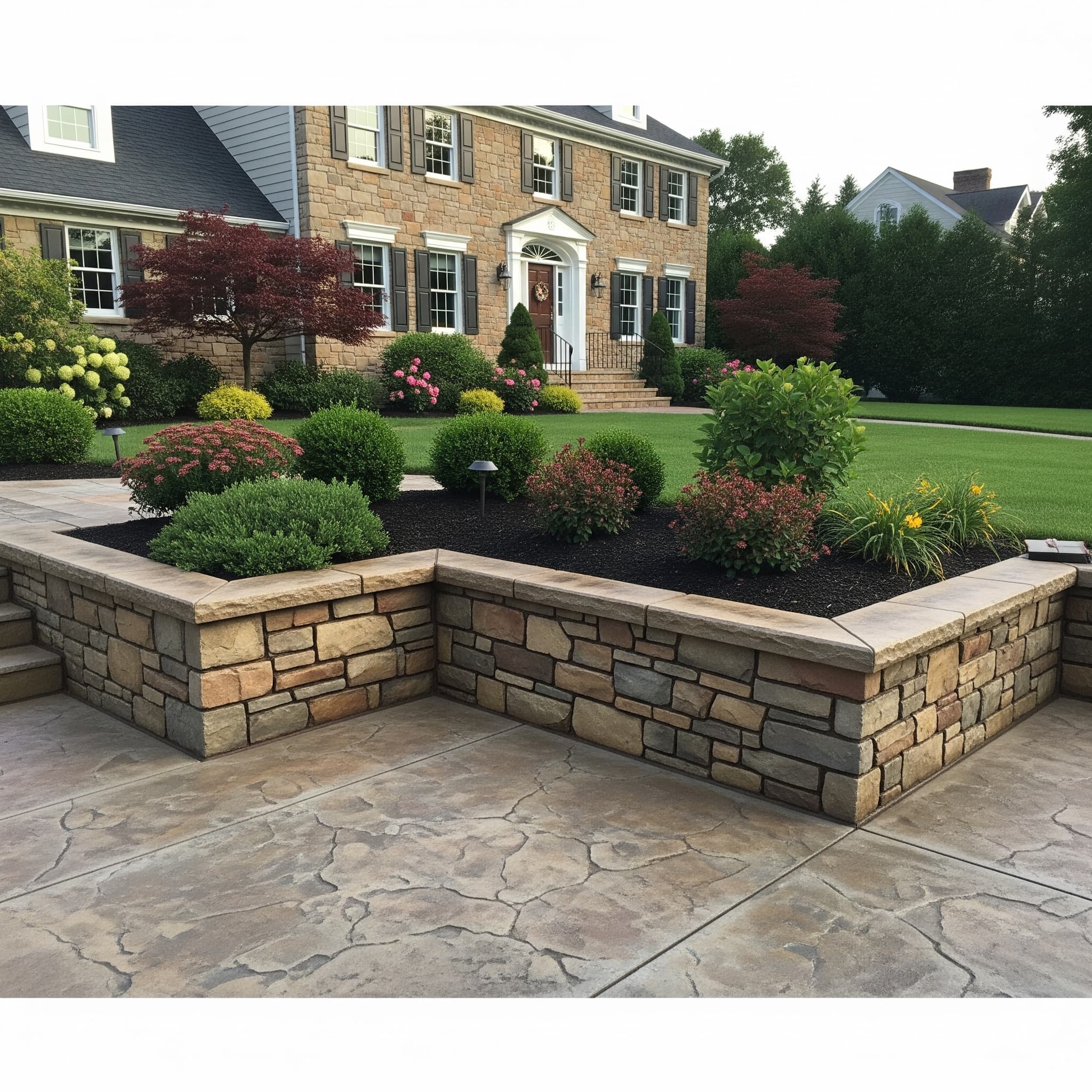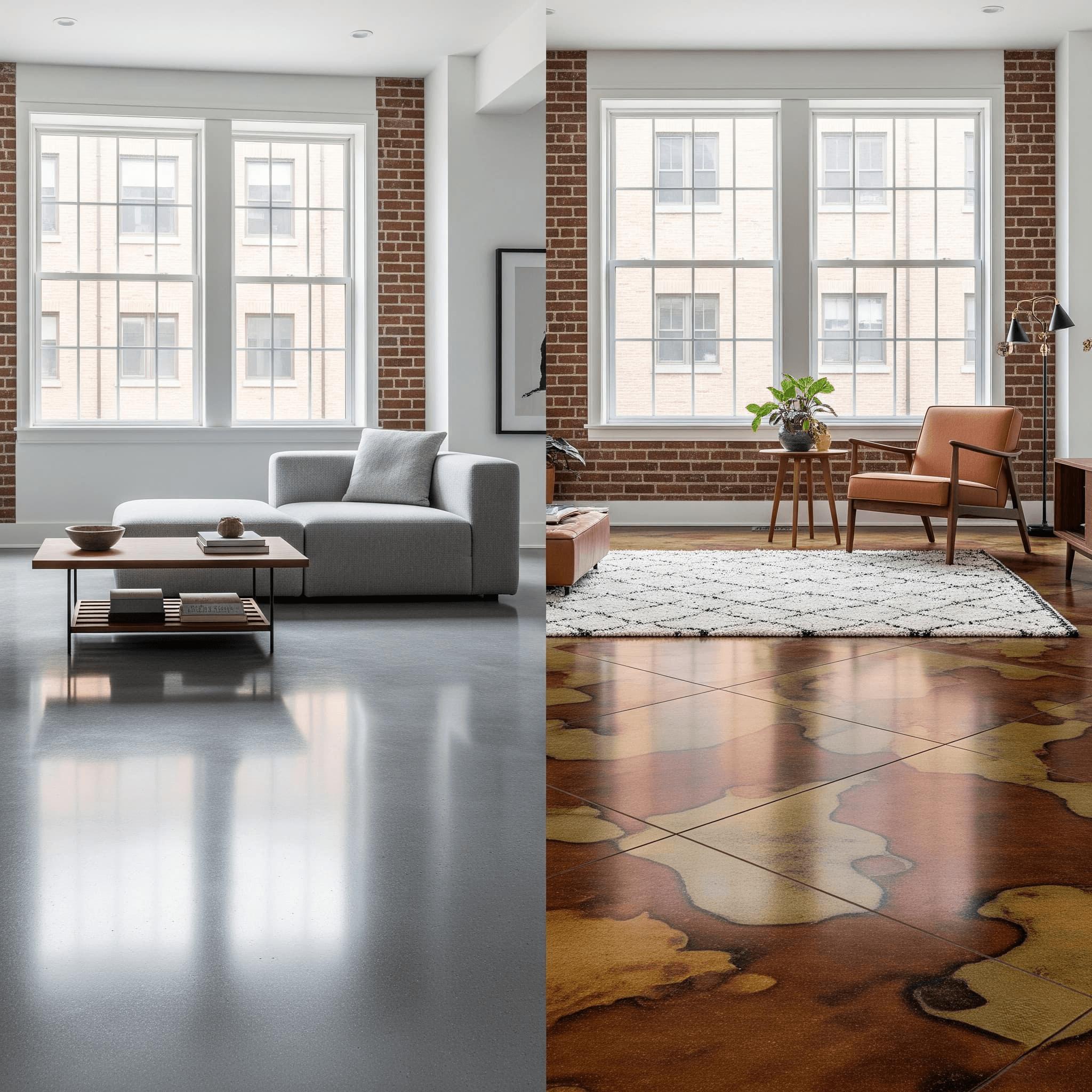
Eco-Friendly Commercial Concrete Materials Popular in Bridgeport
Commercial Concrete Bridgeport
As Bridgeport undergoes significant commercial development from the transformative Steelpointe Harbor project to downtown revitalization efforts, the construction industry is increasingly embracing eco-friendly concrete materials that reduce environmental impact while maintaining superior performance. These sustainable alternatives are reshaping how major commercial concrete projects approach concrete construction, delivering both environmental benefits and economic advantages for Connecticut’s largest city.
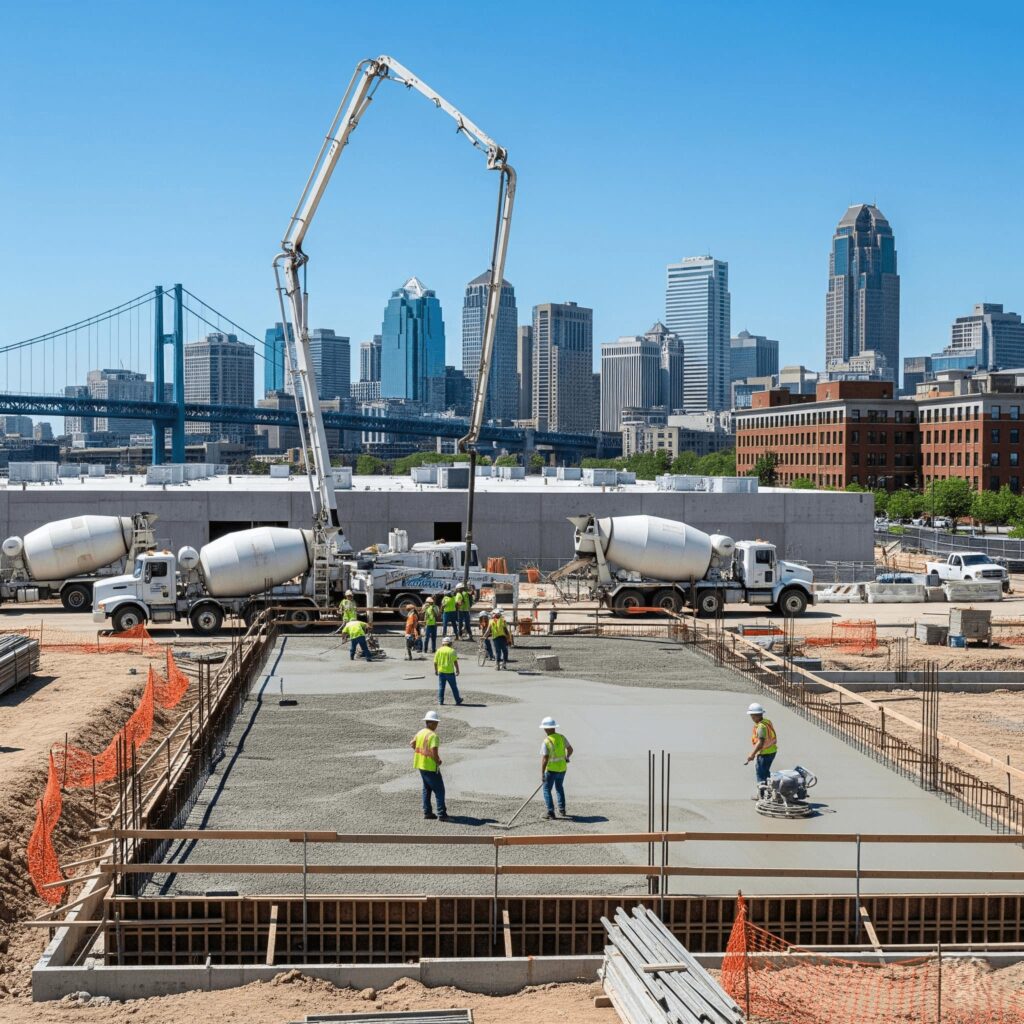
Leading the Green Revolution With Supplementary Cementitious Materials
One of the most utilized eco-friendly concrete materials in the commercial construction industry is fly ash. Fly ash is an industrial by-product from coal-fired power plants that can replace up to 30% of Portland cement in a concrete mix and has improved performance characteristics. Projects, such as the current development at Steelpointe Harbor in Bridgeport, have been able to take advantage of the better workability, higher long-term strength, and lower permeability of fly ash concrete.
Fly ash particles are round and act as mini ball bearings in the concrete mixture. This enables them to reduce friction and improve the flow of concrete, thus improving the workability of the concrete during placement. Improved workability is a major factor for many commercial construction projects due to the complexity of the architecture and the difficulty of placing the concrete in the urban environment.
Applications of Ground Granulated Blast Furnace Slag
Ground granulated blast furnace slag is also a rapidly growing industrial by-product being used in commercial construction projects in Bridgeport. It has excellent durability characteristics. When ground granulated blast furnace slag is added to a concrete mix, it provides a significant reduction in chloride penetration, alkali-silica reaction, and sulfate attack. As a result, slag concrete has proven to be an extremely desirable option for structures located near Long Island Sound that are exposed to salt and require superior durability.
Developments in the Hartford HealthCare Amphitheater area of Bridgeport and downtown Bridgeport use slag concrete to enhance the performance of the structures to ensure they remain structurally intact for long durations and require minimal maintenance. Additionally, the material continues to gain strength for years after placement, which is one reason why it is so well-suited for major infrastructure investments that are intended to be a part of the community for generations.
Sustainability of Recycled Concrete Aggregates
Recycled concrete aggregates (RCA) solve two of the greatest sustainability challenges in construction: reducing the amount of raw materials extracted from the earth and diverting construction waste from landfills. Bridgeport’s commercial construction industry is utilizing more and more RCA from demolished structures, creating a closed-loop system that supports both environmental stewardship and project economics.
Major commercial construction projects can successfully utilize up to 50% recycled aggregate replacement without negatively impacting the structural performance if the recycled aggregates are properly processed. A major example of this is in applications, such as parking structures, warehouse floors, and commercial foundation systems, where there are no aesthetic requirements for the aggregate.
Sustainable Concrete Materials Quality Assurance
To successfully implement RCA, quality assurance must be implemented throughout all aspects of the recycling process. These quality assurance methods include, but are not limited to:
- Aggregate testing
- Mix design optimization
- Processing techniques
Commercial contractors working on projects, such as The August at Steelpointe Harbor in Bridgeport, must ensure that the recycled aggregates meet the specifications for gradation, soundness, and contamination to prevent degradation in structural integrity.
Additionally, advances in processing techniques, such as washing, screening, and contaminant removal, enable the RCA to have performance characteristics equal to virgin aggregates. The investment made in the processing of RCA results in cost savings to the contractor through reduced material costs and enhanced environmental credentials that support the achievement of LEED certification for commercial developments.
Stormwater Management Using Pervious Concrete
Due to Bridgeport’s coastal location and high population density, there are numerous challenges related to stormwater management that can be addressed using pervious concrete. Pervious concrete is a type of concrete that allows water to pass through the surface of the concrete, thereby reducing the amount of stormwater run-off and promoting groundwater recharge while providing durable surfaces for commercial applications.
Commercial parking lots, sidewalks, and low-traffic access roads can benefit from the ability of pervious concrete to manage rainfall while eliminating the need for traditional stormwater infrastructure. Pervious concrete is being used in projects near the Bridgeport Harbor Marina and other waterfront developments to support environmental compliance while providing functional commercial space.
Using Recycled Materials in Pervious Concrete Systems
Research has shown that pervious concrete systems can be developed that use recycled materials, such as reclaimed aggregates and supplementary cementitious materials. Specifically, research has demonstrated that adding fly ash to pervious concrete can maintain acceptable permeability while enhancing durability, making this combination an attractive option for commercial applications.
The use of recycled aggregates combined with pervious concrete systems creates some of the most sustainable options for commercial developments seeking to minimize their environmental impact. These systems are capable of managing stormwater while diverting waste materials from landfills, further supporting the sustainability goals of environmentally concerned tenants and investors.
Emerging Geopolymer Concrete Technology
Newly emerging geopolymer concrete technology has the potential to dramatically decrease the carbon footprint of concrete by up to 90% compared to traditional Portland cement-based concrete. Geopolymer concrete uses industrial by-products, such as fly ash and slag, as the primary binder in conjunction with alkali solutions to activate the binder rather than the hydration of traditional Portland cement.
Although still relatively new to commercial applications, geopolymer concrete is showing great promise for specialized applications, including chemically resistant flooring, high-temperature applications, and rapid construction applications. Progressive commercial developers in Bridgeport are beginning to evaluate the use of geopolymer concrete for specific elements of their projects where the unique properties of geopolymer concrete would provide a distinct advantage.
Low Carbon Concrete Solutions
Many of the local commercial concrete suppliers servicing the Bridgeport market now offer low-carbon concrete products that offer 100% performance with at least 30% fewer CO2 emissions than standard concrete. These products utilize innovative supplementary cementitious materials and advanced admixture technologies to achieve environmental objectives without sacrificing performance.
Commercial construction projects in Bridgeport, such as office buildings, retail developments, and industrial facilities, are specifying low-carbon concrete to support corporate sustainability initiatives and obtain green building certifications. The availability of these products from local suppliers has enabled the practicality and cost-effectiveness of selecting sustainable concrete for commercial construction.
Verification of Sustainability Achievements
Contractors and developers can now utilize advanced digital tools to continuously monitor and verify the environmental attributes of eco-friendly concrete materials during the entire construction process. These digital tools provide real-time monitoring of concrete placement quality as well as documenting sustainability achievements for LEED certification and corporate reporting purposes.
The verification capabilities provided by these digital tools add credibility to sustainability claims and assist in ensuring consistent quality of the eco-friendly concrete materials throughout the construction process. These monitoring capabilities are particularly beneficial for high-profile commercial construction projects where the sustainability credentials of the project add to the marketing appeal and attraction of quality tenants.
Benefits of Sustainable Concrete to the Economy
In addition to the environmental benefits of eco-friendly concrete materials, there are many economic advantages. Typically, fly ash and slag are less expensive than Portland cement while providing improved concrete performance; therefore, providing immediate cost savings to commercial construction projects. The cost savings can be substantial for large-scale commercial development projects, such as those currently transforming Bridgeport’s waterfront and downtown areas.
There are additional long-term economic benefits to sustainable concrete, including reduced maintenance needs, longer service life, and enhanced property values associated with the “green” credentials of the sustainable concrete construction.
Regional Availability of Sustainable Concrete Materials
Bridgeport’s proximity to regional resources of sustainable concrete materials, including fly ash from power plants, slag from steel production, and recycled aggregates from regional construction projects, enhances the local supply chain. The local supply chain reduces the environmental impacts associated with transporting the materials and supports regional economic development.
The increasing demand for sustainable concrete materials in Bridgeport’s commercial construction industry continues to encourage continued investment in processing facilities and quality enhancement programs. Continued investment in these areas generates local employment opportunities while ensuring the reliability of high-quality sustainable materials for future commercial developments.
Advancements in Emerging Technologies
There are several emerging technologies that are expanding sustainable concrete options for commercial applications. Some examples of these emerging technologies include:
- Self-healing concrete
- Photocatalytic concrete
- Carbon capture utilization
These emerging technologies may provide even greater environmental benefits while offering potential functional advantages for various commercial applications.
As Bridgeport continues its commercial development growth, the incorporation of new technologies and innovative sustainable concrete solutions will likely increase. Early adoption of emerging sustainable concrete technologies will position Bridgeport as a leader in sustainable construction practices while providing a competitive advantage for progressive commercial developers.
Expertise and Professional Experience Needed to Implement Sustainable Concrete Materials
Implementation of sustainable concrete materials requires specialized knowledge and experience related to the interaction between the properties of the sustainable materials and the project requirements, including structural performance, durability demands, and aesthetics.
At Bridgeport Concrete Solutions, we specialize in sustainable commercial concrete applications that meet both environmental and performance requirements. Our expertise in sustainable materials, including fly ash, slag, recycled aggregates, and low-carbon concrete systems, will ensure that your commercial project meets its sustainability objectives while meeting the structural integrity and quality expectations of Bridgeport’s developing commercial sector. We are committed to assisting Bridgeport in continuing to develop with sustainable concrete solutions that will construct a greener future for the City.
LATEST POSTS

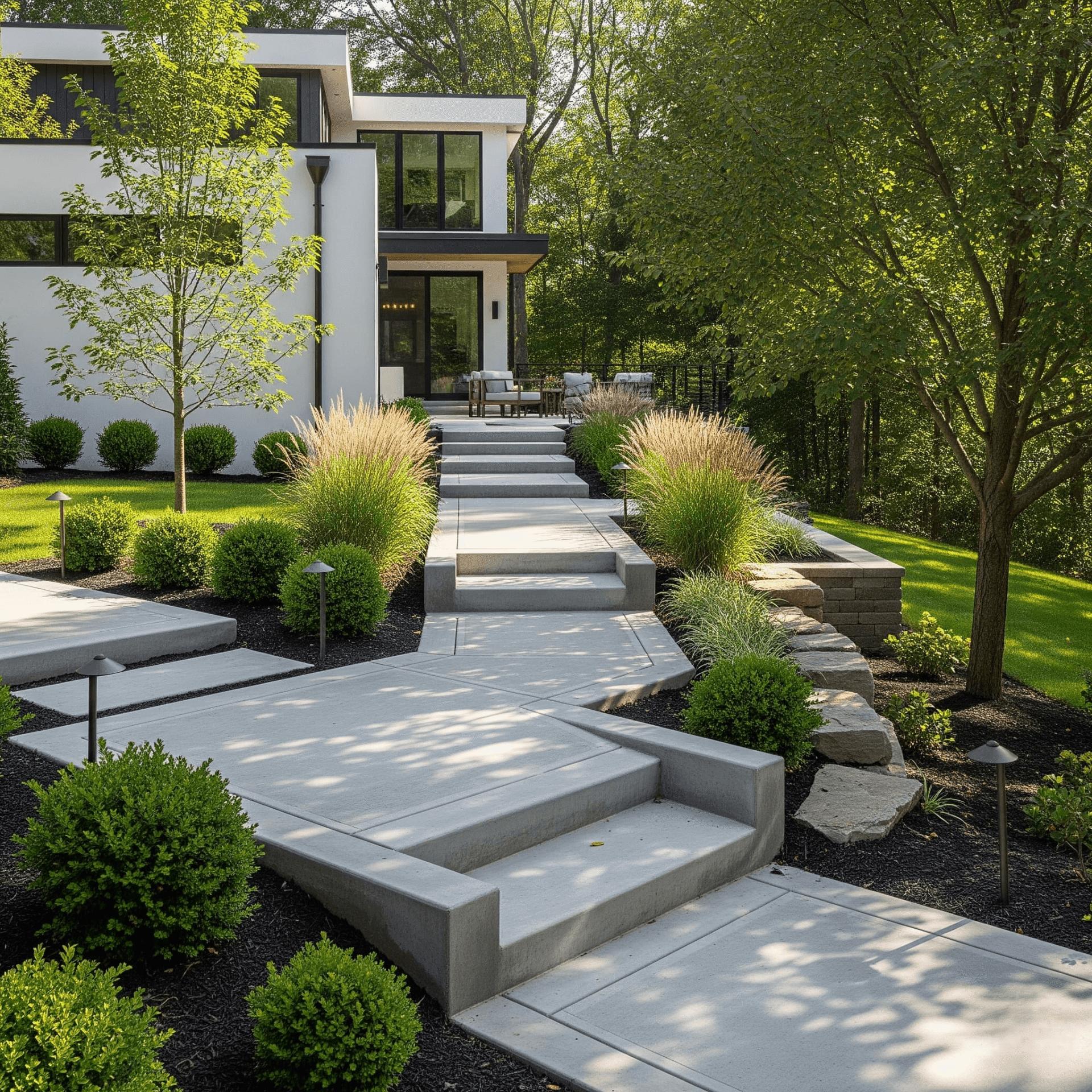
Eco-Friendly Commercial Concrete Materials Popular in Bridgeport
